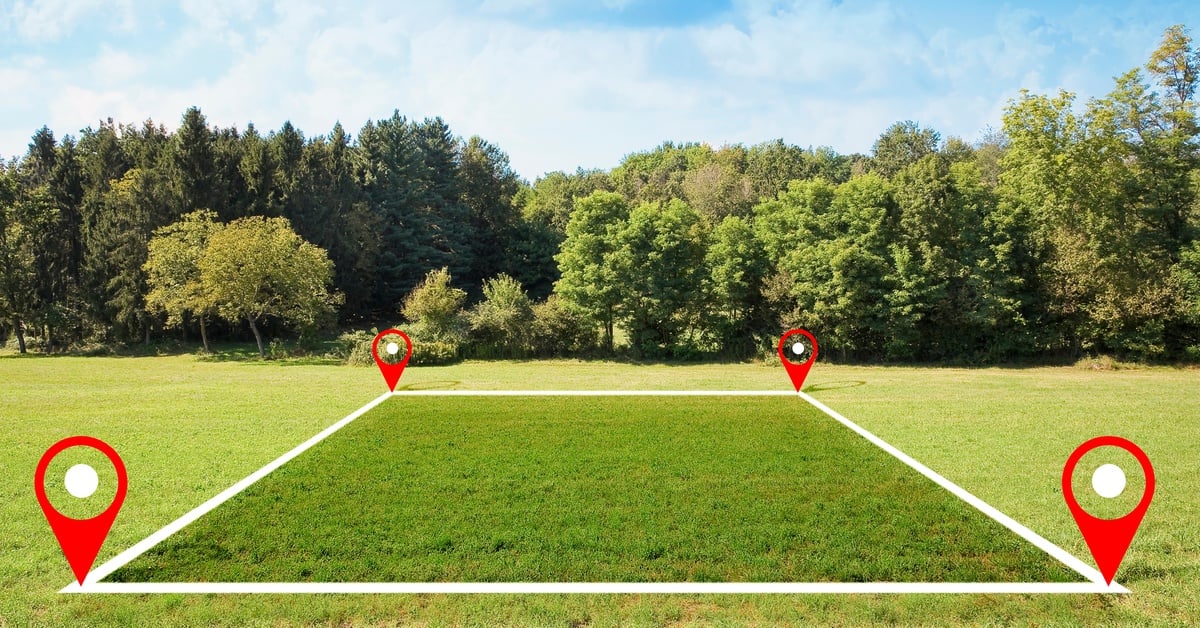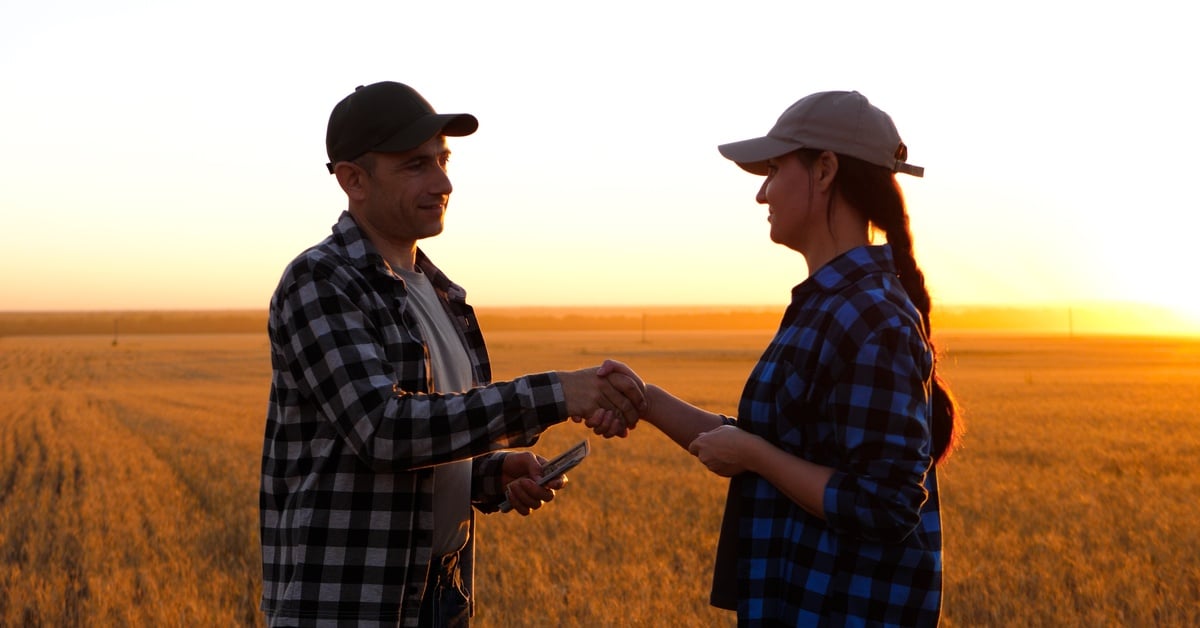What You Should Know Before Buying Off-Grid Land
August 5, 2025 9:34 am PST

Choosing to buy off-grid land is a step toward independence, sustainability, and securing a unique piece of property that offers limitless potential. Whether you’re planning to create a self-sufficient lifestyle, diversify your portfolio, or establish an eco-friendly retreat, off-grid land provides endless opportunities outside traditional infrastructure.
However, this path requires careful planning and thorough research. From understanding zoning laws to evaluating soil quality and access to solar or other renewable energy sources, there are many things you should know before buying off-grid land.
Access to Utilities
Purchasing off-grid land usually means there are no traditional water, electricity, or gas supplies readily available. You’ll need to plan for alternative energy solutions such as solar, wind, or hydropower, depending on the land’s geography. Water access requires assessing whether you will rely on wells, rainwater harvesting, or nearby streams.
Investing in reliable systems for waste disposal is also important, especially when municipal sewage systems are unavailable. Off-grid toilets and composting systems are popular solutions for sustainable waste management. Anticipating these infrastructure needs is fundamental to a comfortable and eco-friendly off-grid experience.
Zoning Laws and Land Use Regulations
Understanding zoning codes and land use laws will help you avoid legal complications after purchasing your property. Verify if the land permits residential living, agriculture, or specific construction projects before committing. Regulations may also limit your ability to drill wells or install specific energy systems.
Research any environmental protection laws applicable to the area to prevent future conflicts with local authorities. Consult with a legal expert familiar with rural and off-grid land purchases to clarify restrictions. Ensuring your plans align with local laws is a necessary part of responsible off-grid ownership.
Finding a Good Location

Selecting the ideal location for off-grid living is a step that impacts every aspect of your lifestyle. You’ll need to ensure the location includes access to reliable and fresh water sources, such as rivers, wells, or rainfall. While off-grid living promotes independence, occasional trips to nearby towns for supplies or emergencies will be necessary. A reasonable distance to small towns can strike a balance between seclusion and practicality.
Evaluate the climate of potential locations to ensure it aligns with your needs. Consider temperature ranges, seasonal changes, and precipitation levels that will affect your lifestyle and agricultural needs. Research the area for potential risks such as floods, hurricanes, or earthquakes. Choosing a safer region will help reduce the likelihood of disruptions and emergencies.
Determine if the site’s conditions support renewable energy generation, such as solar panels, wind turbines, or hydropower systems. Proper energy resources are vital for sustainable living. Also, check the biodiversity, soil quality, and vegetation in the area. Abundant natural resources can enable self-sufficiency via farming, fishing, and foraging.
Property Access and Road Infrastructure
Remote areas often lack well-maintained roads, which can impact accessibility to your property. Check whether public or private roads lead to the property, as private roads may require maintenance fees. The condition of nearby roads is especially critical in areas that get heavy snowfall or frequent rainfall.
Plan for emergency scenarios where the roads may become obstructed, blocking access to hospitals or supply towns. You may need a snowplow or off-road vehicle to maintain regular access. Reliable transportation plans are a critical safety measure for anyone living off the grid.
Soil and Land Quality
The quality of the soil is a vital factor for buyers planning to grow food. Conduct soil testing to determine nutrient levels and overall fertility for sustainable agricultural practices. Poor soil quality may necessitate significant investment in fertilizers, adding to the cost of ownership.
Inspecting the land for contamination or past usage that impacts soil health can save substantial effort later. Steep terrains or rocky conditions might also affect farming and construction efforts on the property. Paying attention to soil quality ensures you can reap the full potential of your off-grid land.
Choosing the Right Seller

Working with a trusted seller can simplify the process when you’re searching for land lots for sale in Utah or elsewhere in the country, particularly for investment opportunities. Ensure the seller provides transparent documentation about zoning laws and property conditions beforehand. Take time to verify the authenticity of the records to protect yourself from potential future disputes.
Researching customer reviews, certifications, and past experiences with the seller ensures reliability and helps you avoid fraud. A good seller will attentively address your questions and offer support during the purchasing process. Thorough due diligence builds trust and confidence as you take your first steps toward off-grid freedom.
Costs Beyond the Initial Purchase
One of the most important things you should know before buying off-grid land is the potential ongoing or future expenses associated with the property. Budget for creating infrastructure such as energy systems, water supply, and basic shelter construction. Regular maintenance of these systems, as well as unforeseen repairs, can lead to unexpected financial burdens.
Factor in recurring costs for property taxes, permits, and insurance for a realistic financial assessment. Depending on the location, transportation costs to access services, supplies, or nearby towns can also add up over time. Proper planning and budgeting for these inevitable expenses will help you maintain financial stability and ensure sustainable property ownership well into the future.
Wildlife and Ecosystem Considerations
Consider the wildlife that inhabits the property and how you plan to coexist with the environment. Large predators, insects, or pests may pose risks and require measures for protection and safety. Evaluate whether the natural vegetation on the land supports biodiversity and complements sustainable practices on your property. Installing wildlife-friendly barriers or shelters ensures safety without disrupting the delicate balance of the ecosystem.
Investing in off-grid land can serve as a valuable and rewarding opportunity for personal satisfaction and long-term financial gain. Such properties offer a chance to connect with nature, providing a tranquil escape from urban life and a retreat for relaxation or recreational activities. Whether your goal is to be in nature, create a legacy for the future, or diversify your portfolio, purchasing off-grid land combines practicality with the possibility of profound personal fulfillment.

